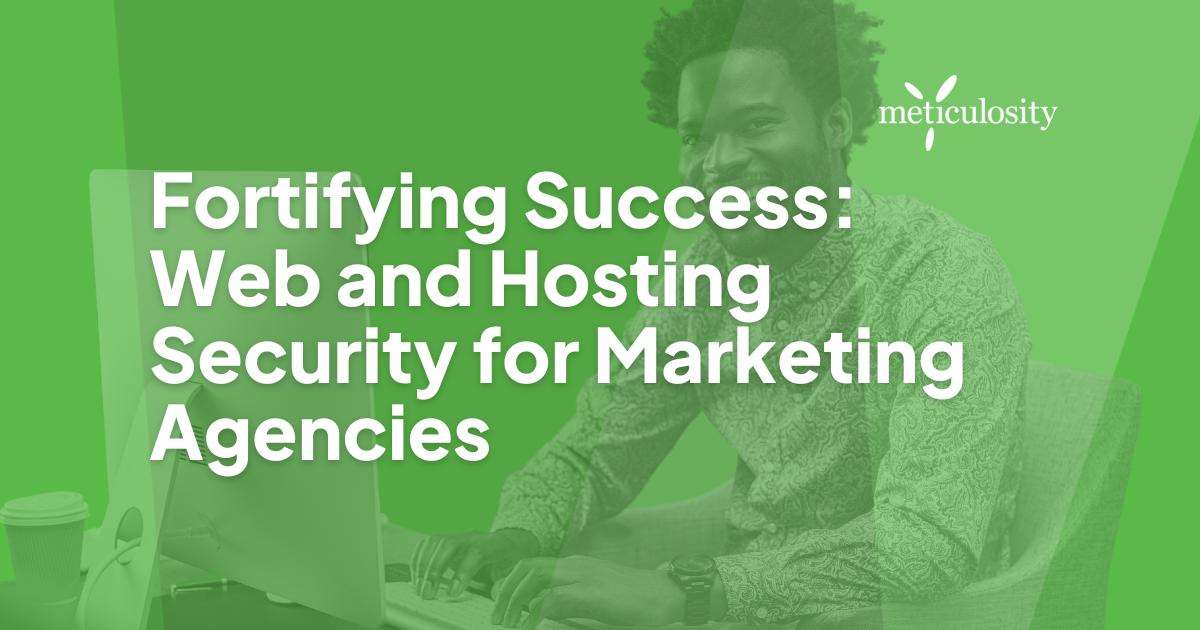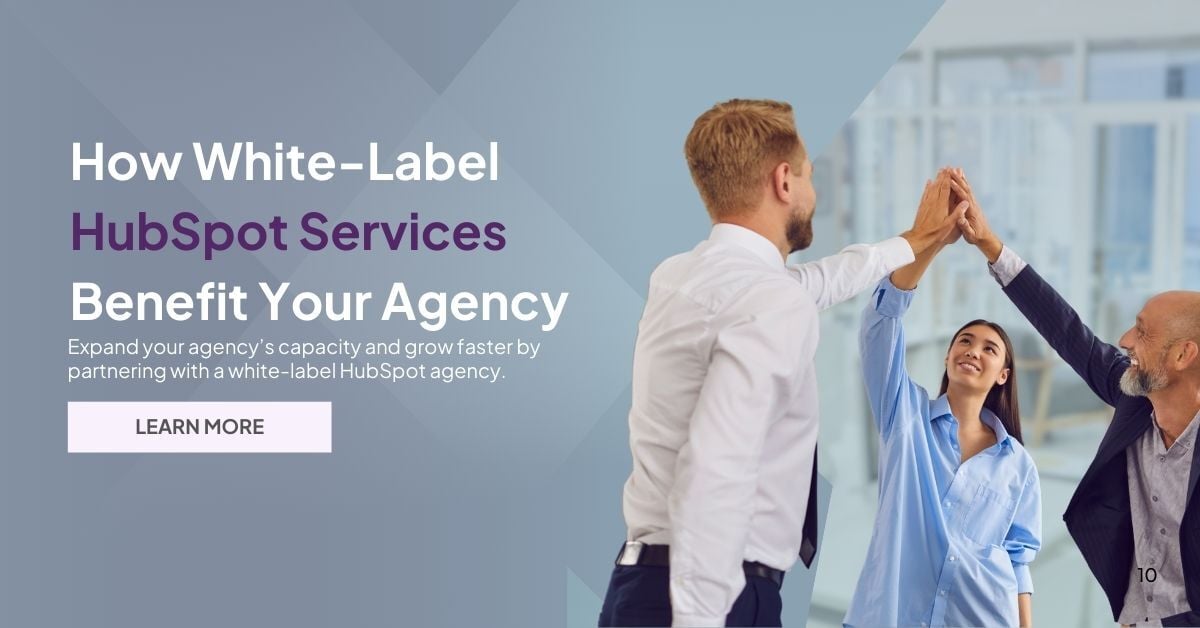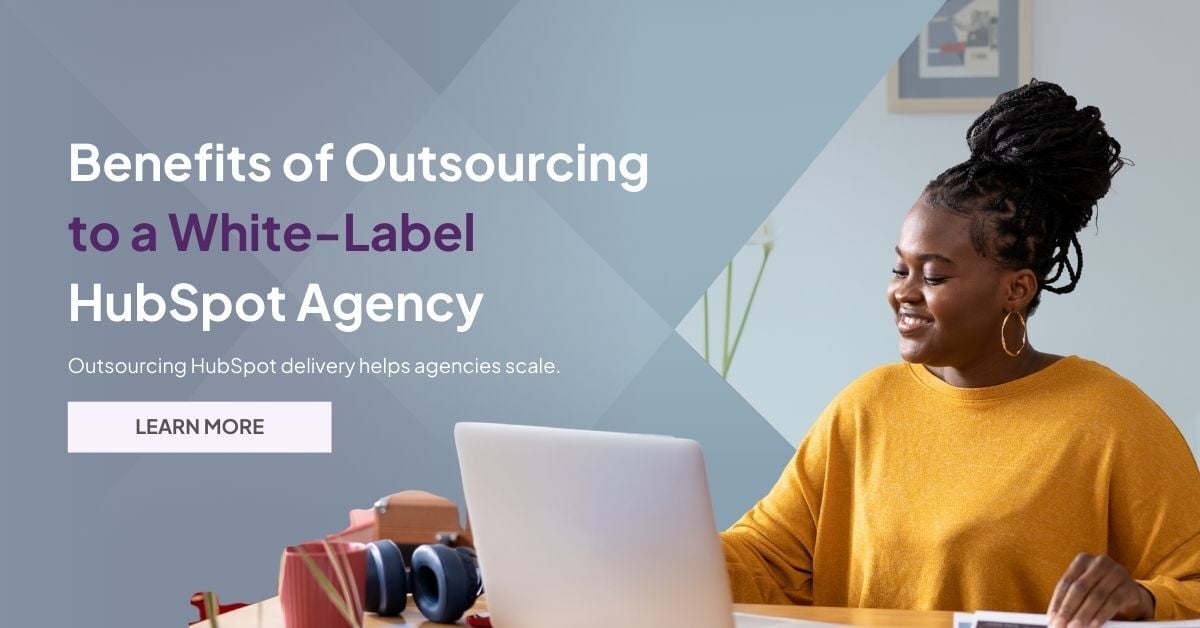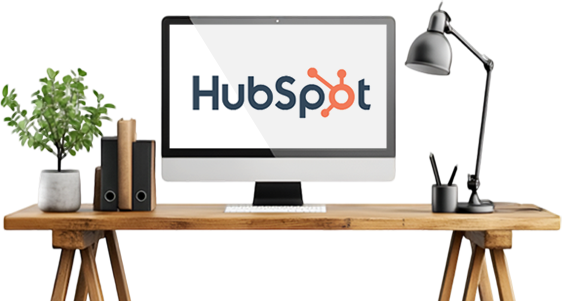We all strive to keep our websites and hosting services secure, but let's face it, sometimes the process can seem a bit overwhelming. Juggling concerns about spam attacks, malware, or potential data breaches may feel like an uphill battle.
In this article, we're going to arm you with practical methods to beef up your web and hosting security and ward off any looming threats. Let's empower you by ensuring peace of mind while protecting your clients' precious information.
Key Takeaways
- Web and hosting security is crucial for marketing agencies to protect client information, establish trust, and reduce potential risks and damage.
- Common security threats faced by marketing agencies include malware and hacking attempts, DDoS attacks, and data breaches.
- Best practices for enhancing website and hosting security include using strong passwords and two-factor authentication, regular software updates, firewalls and antivirus software, data backups, and security audits.
- Leveraging optimized web hosting provides a secure solution with built-in security features tailored for growing businesses like marketing agencies.
The Importance of Web and Hosting Security for Marketing Agencies
Web and hosting security is of utmost importance for marketing agencies as it not only protects client information but also establishes trust and credibility while reducing potential risks and damage.
Protects client information
Your client's data must be safe. Web and hosting security keep this information away from bad people. No one can steal or use it wrong. This makes your clients feel good because they know their information is not in danger.
It's like a strong box that keeps all the important things secure. Your work is to make sure this box stays locked at all times.
Establishes trust and credibility
Having top-notch security is like a gold seal on your business. It tells clients you care about their safety. High-level web and hosting security gives assurance to customers. They trust that their data stays private which builds faith in your services.
Keeping a strong firewall, using SSL, and regular monitoring are key parts of this trust-building process.
It shows you take the protection of client data seriously. All these steps go a long way in building credibility for your agency. Clients see steadfastness in how you guard against threats and vulnerabilities.
It's not just about averting risk or damage but also about demonstrating a commitment to the client's well-being.
Reduces potential risks and damage
Strong web and hosting security cuts down harm. It keeps your site safe from malware, hacking, and DDoS attacks. You lower the chance of data being lost or stolen and losing hours of hard work from a sudden attack. A secure server also makes sure your website stays up and running.
This means no loss in sales or clients because of downtime. So, strong security is worth it for peace of mind alone!
Common Security Threats Faced by Marketing Agencies
Marketing agencies face several common security threats, including malware and hacking attempts, DDoS attacks, and data breaches.
Malware and hacking attempts
Malware and hacking attempts are serious threats that marketing agencies need to be aware of. These malicious attacks can compromise the security of your website and hosting, leading to potential damage and data breaches.
Malware refers to harmful software designed to infiltrate systems, while hacking involves unauthorized access to your network. By implementing strong security measures such as firewalls, antivirus software, and regular updates, you can protect your agency from these risks.
It's crucial not only for safeguarding client information but also for maintaining trust and credibility with your clients. Stay proactive in monitoring for any unusual activity and invest in secure web hosting providers that offer built-in security features like encryption and authentication.
DDoS attacks
DDoS attacks can wreak havoc on your website and hosting infrastructure. These attacks overload your servers with an enormous amount of traffic, making it impossible for legitimate users to access your site.
This can lead to downtime, loss of revenue, and damage to your reputation. To protect against DDoS attacks, you should consider using a web hosting provider that offers robust DDoS protection services.
They will help detect and mitigate these attacks, ensuring that your website remains accessible and secure. It's important to stay proactive when it comes to security by regularly monitoring your website for any suspicious activity and implementing strong security measures.
Data breaches
Data breaches can have severe consequences for marketing agencies and their clients. When sensitive information like customer data or business secrets is compromised, it can lead to financial loss, reputational damage, and legal issues.
As a marketer or business professional, it's vital to understand the importance of protecting this valuable information. That's why implementing robust security measures is crucial in preventing unauthorized access and ensuring the confidentiality of data.
By staying proactive and vigilant against potential threats, you can safeguard your clients' trust and maintain the credibility of your agency.
Best Practices for Enhancing Website and Hosting Security
To fortify your web and hosting security, implement strong passwords, regular software updates, firewalls, and data backups. Don't miss out on these crucial steps to safeguard your agency's online presence.
Strong passwords and two-factor authentication
Having strong passwords and using two-factor authentication (2FA) are crucial steps in enhancing web and hosting security for marketing agencies. Here are some ways to strengthen your security:
- Create unique and complex passwords that include a mix of uppercase and lowercase letters, numbers, and special characters.
- Avoid using common words or personal information that can be easily guessed.
- Enable two-factor authentication, which adds an extra layer of security by requiring a second verification step, such as a unique code sent to your phone.
Regular software and plugin updates
Regular software and plugin updates are crucial for maintaining a secure website and hosting environment. Here are some reasons why updating your software and plugins is important:
- Ensures that you have the latest security patches: Software and plugin updates often include fixes for known vulnerabilities. By keeping your software up to date, you can protect your website from potential attacks.
- Improves performance and stability: Updates can also enhance the performance and stability of your website. Newer versions of software and plugins may include bug fixes, speed optimizations, and other improvements that can make your site run smoother.
- Compatibility with new features: Updates allow you to take advantage of new features and functionalities offered by the software or plugin. This can help you stay competitive in the fast-paced digital landscape.
- Maintains compatibility with other components: As technology evolves, older versions of software or plugins may become incompatible with other components of your website. Regular updates ensure that everything works together seamlessly.
- Provides access to customer support: When you use outdated software or plugins, it may be difficult to receive support if you encounter any issues. Keeping everything up to date means being able to rely on customer support when needed.
Firewalls and antivirus software
Firewalls and antivirus software are essential for protecting your website and hosting from security threats. They act as a barrier between your network and potential hackers or malware. Here's why you should prioritize these security measures:
- Firewall: A firewall acts as a shield, monitoring incoming and outgoing network traffic. It helps filter out malicious activity, preventing unauthorized access to your website. By setting up a firewall, you can block suspicious IP addresses and restrict certain types of traffic.
- Antivirus Software: Antivirus software scans your systems for malware, viruses, and other harmful files. It detects and removes any threats it finds, keeping your website and hosting environment safe. Regularly updating your antivirus software ensures you're protected against the latest strains of malware.
- Intrusion Detection Systems (IDS): IDS monitors network traffic for signs of unauthorized activity or intrusion attempts. It alerts you if it detects any suspicious behavior, enabling you to take immediate action to mitigate potential risks.
- Malware Protection: Investing in robust malware protection is crucial to safeguarding your website against harmful software that can compromise the integrity of your data or disrupt its functioning.
- Regular Scans: Conduct regular scans with antivirus software to identify any vulnerabilities or security gaps that could be exploited by hackers or malware.
- Secure Firewalls: Implement strong firewall rules that allow only necessary connections while blocking all others by default.
- Two-Way Firewalls: Consider using two-way firewalls that monitor both inbound and outbound traffic to ensure maximum protection.
Data backups and security audits
Data backups and security audits are crucial for protecting your website and client information. Here's what you need to do:
- Regularly backup all your website data, including databases, files, and customer information.
- Store backups in secure locations, either offline or in encrypted cloud storage.
- Perform routine security audits to identify vulnerabilities and weaknesses in your systems.
- Test your backups regularly to ensure they can be restored successfully if needed.
- Keep an up-to-date inventory of all software, plugins, and extensions on your website.
- Conduct regular security scans to detect malware or any unauthorized access attempts.
- Implement strong encryption protocols to protect sensitive data during transit and storage.
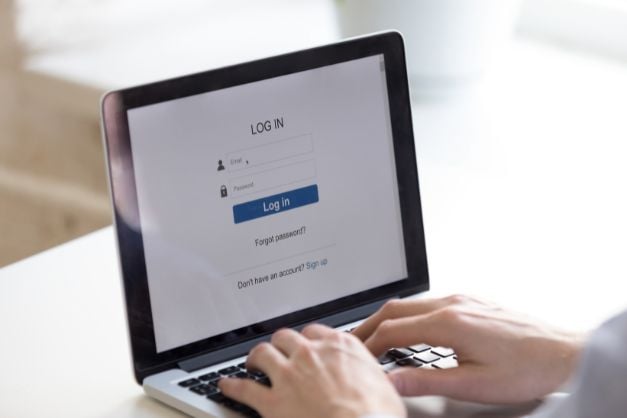
Leveraging Optimized WordPress Hosting for Enhanced Security
Optimized WordPress hosting provides a secure and reliable solution for marketing agencies, with built-in security features and easy website management capabilities.
Tailored for growing businesses
As a marketing agency, your business is constantly evolving and growing. That's why it's important to have web and hosting security solutions that are specifically tailored for growing businesses like yours.
These solutions understand the unique needs of your industry and provide the necessary tools and features to protect your website from security threats.
With optimized web hosting, you can easily manage your website while also ensuring enhanced security measures. This type of hosting should designed to support the growth of your business by providing reliable performance and advanced security features.
You can focus on running your marketing campaigns with peace of mind, knowing that your website is safeguarded against potential risks.
By choosing a secure web hosting provider that understands the specific challenges faced by marketing agencies, you can strengthen your online presence and protect valuable client information.
With their expertise in web and hosting security, they will work with you to implement proactive measures, such as regular maintenance updates, monitoring for unusual activity, and maintaining secure backups.
Built-in security features
The optimized WordPress hosting platform comes with built-in security features that help protect your website and data from potential threats. These features are specifically designed to enhance the overall security of your web presence, making it easier for you to safeguard your client's information and maintain their trust.
With built-in security features, you can benefit from automatic updates for software and plugins, ensuring that any vulnerabilities or weaknesses are promptly addressed. Additionally, firewalls and antivirus software provide an added layer of protection against malware and hacking attempts.
Furthermore, your optimized web hosting platform should offer the convenience of regular backups and security audits. This means that even if something unexpected happens, such as a data breach or system failure, you have a backup plan in place to quickly recover your website and minimize any potential damage.
Importance of Regular Security Maintenance and Monitoring
Regular security maintenance and monitoring are essential for protecting your marketing agency from potential threats. Stay one step ahead of attackers and ensure the safety of your website and client data by implementing these best practices.
Keeping up with software updates
Regularly updating software is crucial for maintaining the security of your website and hosting. It helps protect against vulnerabilities that hackers can exploit to gain unauthorized access.
By keeping your software up to date, you ensure that you have the latest security patches and bug fixes in place, reducing the risk of malware infections or data breaches. Remember to regularly check for updates from your software providers and install them as soon as they become available.
This simple step can go a long way in safeguarding your business and clients' sensitive information.
Monitoring for unusual activity
Monitoring for unusual activity is a crucial part of maintaining web and hosting security for marketing agencies. By continuously monitoring your systems, you can quickly detect any signs of unauthorized access or suspicious behavior.
This allows you to take immediate action to prevent potential threats from causing harm. Regular monitoring helps ensure that your website and data are protected at all times, providing peace of mind for both you and your clients.
It's important to stay vigilant and maintain a proactive approach to security by regularly checking logs, setting up alerts, and conducting regular audits.
Maintaining secure backups
To keep your data safe and protected, it's crucial to maintain secure backups. This means regularly making copies of all your important files and storing them in a separate location or on a reliable cloud storage platform.
By doing this, you can ensure that even if something goes wrong with your website or hosting, you won't lose valuable information. Backing up your data is like having an insurance policy - it provides peace of mind and helps you quickly recover from any unforeseen events.
Remember, accidents happen, but having secure backups ensures that you're always prepared for the worst-case scenario.

Educating Employees on Cybersecurity
Employee training is crucial for ensuring the overall cybersecurity of a marketing agency, as it helps instill safe browsing habits and implement necessary security protocols to protect against potential threats.
Importance of employee training
Employee training plays a crucial role in enhancing web and hosting security for marketing agencies. As a marketer or business professional, it's important to understand the significance of training your employees on cybersecurity.
By providing them with proper training, you can ensure that they have the knowledge and skills to identify potential threats and take necessary precautions to protect client information.
Employee training also helps in promoting safe browsing habits, implementing security protocols, and keeping up with software updates. Ultimately, investing in employee training is an essential step towards fortifying your agency's success by creating a strong defense against cyber threats.
Encouraging safe browsing habits
As a marketer or business professional, it is essential to prioritize safe browsing habits for yourself and your team. Implementing these practices can significantly decrease the risk of falling victim to cyber threats and ensure the security of your web and hosting environment. Here are some important habits to encourage:
- Always verify website authenticity before clicking on links or sharing personal information.
- Be cautious when opening email attachments or links, especially from unknown senders.
- Regularly update and patch all software, including web browsers and plugins, to fix any known vulnerabilities.
- Use strong, unique passwords for all accounts and enable two-factor authentication whenever possible.
- Avoid using public Wi-Fi networks when accessing sensitive information or logging into accounts.
- Be mindful of what you share on social media platforms and adjust privacy settings accordingly.
- Educate yourself and your team on common phishing tactics and how to identify suspicious emails or websites.
- Regularly review and monitor your online accounts for any unauthorized activity or signs of compromise.
- Encourage the use of virtual private networks (VPNs) when connecting to public networks or working remotely.
Implementing security protocols
Implementing security protocols is crucial for protecting your agency's online assets and ensuring the safety of client information. Here are some key practices to follow:
- Conduct regular security audits to identify vulnerabilities and address them proactively.
- Use firewalls and antivirus software to protect against unauthorized access and malware attacks.
- Enable encryption protocols, such as SSL, to secure data transmission between your website and users.
- Implement strong password policies and enforce two-factor authentication for added layers of protection.
- Train employees on cybersecurity best practices and educate them about the importance of safe browsing habits.
- Establish clear security protocols for handling sensitive client information, including guidelines for data storage and access control.
- Monitor network traffic and user activity for any signs of unusual behavior or potential breaches.
- Regularly update software, plugins, and themes to ensure you have the latest security patches installed.
- Have a disaster recovery plan in place to swiftly respond to any emergencies or breaches that may occur.
Establishing Emergency Response Plans
Creating a dedicated crisis management team prepares your marketing agency for potential disasters and ensures a smooth response during emergencies.
Preparing for potential disasters
As a marketer or business professional, it's crucial to be prepared for potential disasters that could impact your website and hosting security. Here are some steps you can take:
- Develop an emergency response plan: Create a detailed plan outlining the steps you will take in the event of a security breach or other disaster. This plan should include contact information for key team members, instructions for resolving issues, and any necessary backup procedures.
- Test your plan regularly: It's not enough to just have a plan - you need to make sure it works too. Conduct regular tests to ensure that all team members understand their roles and responsibilities during an emergency.
- Identify potential vulnerabilities: Regularly assess your systems and identify any potential weaknesses or vulnerabilities that could be exploited by hackers or other threats. Take steps to address these weaknesses and strengthen your defenses.
- Backup your data regularly: Implement a robust data backup strategy to ensure that all important files and information are securely stored in case of a disaster. Make sure backups are done regularly and stored off-site or in the cloud for added security.
- Stay informed about emerging threats: Keep up with the latest trends in web and hosting security so that you can proactively protect your business from new threats as they arise. Subscribe to security newsletters, follow industry blogs, and attend relevant conferences or webinars.
Creating a crisis management team
To ensure your marketing agency is prepared for any potential crisis, it's crucial to create a dedicated crisis management team. This team should consist of individuals who are well-equipped to handle emergencies and make quick decisions under pressure.
When forming this team, consider including representatives from various departments within your agency, such as communications, IT, legal, and senior leadership. Each member should have clearly defined roles and responsibilities in case of a crisis.
By establishing a crisis management team, you can effectively respond to unexpected events and minimize the impact on your agency's operations and reputation.
Having a backup plan in place
Having a backup plan in place is crucial for marketing agencies to ensure the security and availability of their websites. In case of any unforeseen events or data loss, a comprehensive backup strategy allows for quick recovery without significant downtime.
Regularly backing up website data, including files, databases, and configurations, helps maintain business continuity and protects valuable information. By regularly testing backups and storing them securely offsite or in cloud storage solutions, marketing agencies can minimize the impact of potential disasters and quickly restore their websites to normal operation.
Conclusion
Having strong web and hosting security is crucial for marketing agencies. It protects client information, establishes trust, and reduces risks. By implementing best practices, leveraging optimized web hosting, educating employees on cybersecurity, and partnering with secure web hosting providers, marketing agencies can fortify their success and ensure the safety of their online presence.
Click here to learn more about agency marketing.
FAQs
1. What does vulnerability mean in web and hosting security?
Vulnerability means a weak point in the web or hosting system. This weakness could allow someone to harm or take control of the system.
2. How is patching used in web and hosting security?
Patching is an act of fixing a problem or covering up a hole in the security system to stop people from attacking it.
3. Can marketing agencies achieve compliance on their website and hosting platforms?
Yes, marketing agencies can achieve compliance by following rules that keep their websites safe.
4. Why is prevention important for web and host security for marketing firms?
Prevention stops bad things before they happen on web systems, keeping business data intact so marketers can focus more on their jobs.
